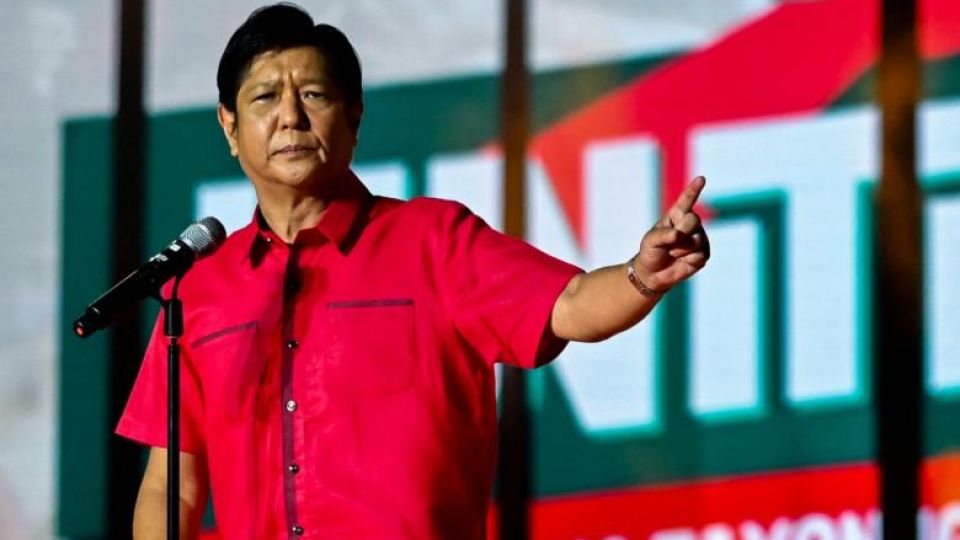March 23, 2022
MANILA – Let me first be absolutely clear: Nothing is final until it’s finalized. Rarely is anything predetermined in the realm of men, who are extremely susceptible to wild swings in opinion. And human agency often trumps social engineering.
Lest we forget, supporters of duly-elected Vice President Leonor “Leni” Robredo have had their signature show of force and conviction in recent weeks. Collectively, hundreds of thousands of passionate supporters have attended opposition rallies this month alone. Leni has been picking up crucial endorsements even among politicos from within the ruling party.
The next two weeks will be extremely crucial to determining the final contours of the 2022 presidential elections. In short, many things can still change before we enter the final stretch of arguably the most important elections in contemporary Philippine history.
In order to better understand the stakes involved in the upcoming race, however, we need to examine political prospects for the country if the current frontrunner maintains his lead until Election Day. So, dear reader, let me begin with a familiar figure: Not former dictator Ferdinand Marcos Sr., but instead Russia’s modern czar Vladimir Putin.
History will likely judge the Russian president based on his unprovoked and disastrous invasion of Ukraine, which has valiantly withstood the invading forces with shocking success. But decades before Putin became the absolute strongman of a Eurasian colossus, he oversaw the construction of 21st-century authoritarianism, which has influenced leaders from Hungary and Turkey to, yes, even the Philippines. President Duterte once described Putin as his “favorite hero.”
Throughout his first decade in power, the Russian leader established what journalist Fareed Zakaria famously described as an “illiberal democracy”: A system whereby elections are regularly held, thus creating a facade of democratic contestation, but constitutionalism, rule of law, and civil liberties are steadily undermined by a reactionary regime.
Should Ferdinand Marcos Jr. become the next president, it’s more likely that the Philippines moves toward what political scientists call “hybrid regimes,” combining elections with illiberal politics, rather than old-style dictatorship.
Nevertheless, the precise contours of any Marcos Jr. presidency would depend on three major factors, namely his (i) margin of victory and, accordingly, potentially newfound sense of personal destiny (ii) factional politics and personalistic jostling within the ruling regime, and (iii) external pressure/encouragement from international partners, especially Washington and Beijing but also Brussels, London, Tokyo, Canberra, and, yes, even Moscow.
Accordingly, there are three potential scenarios ahead. For now, let me just provide a preliminary analysis since the race is far from over, and there is just so much one can fit into a short column.
The first scenario is the least expected one, meaning the transmogrification of the current frontrunner from a relatively laid-back, avuncular figure into a self-assertive and ambitious political figure. As Russian journalist Masha Gessen explains, one of Putin’s greatest secrets to success is that everyone underestimated him before his ascent to power. Should Ferdinand Marcos Jr. win with massive and unprecedented margins and cultivate reliable superpower partners overtime, I won’t be surprised to see a different and more self-assured side of him.
Aside from the above-mentioned “maximalist” scenario, there is also the “cartel scenario,” whereby the House of Marcos will effectively co-rule with the House of Duterte and other key power brokers. Thus, instead of a more personalistic and unpredictable regime, centered around Marcos Jr. and his inner circle, what we may get is more of predictable, gradualist, “consociational” leadership, where key decisions are made based on consensus-building and compromises among several pillars of reactionary power in the Philippines.
The final scenario is a more “minimalist” Marcos Jr. presidency should he win with far narrower margins and, crucially, face a determined and cohesive opposition, as well as concerted pressure from flagship democracies. Time and again, we have seen how the current frontrunner is willing to recalibrate his positions, including on the West Philippine Sea, when faced with significant pressure from both the public and key rivals. Not to mention, his preference for a less bloody version of the incumbent’s so-called “war on drugs.”
In short, nothing is predetermined with either these elections or even, should current trends stand, a Marcos Jr. presidency. The struggle for the future of the Philippines is far from over.


